Home>Garden Essentials>How Long Do Seed Packets Last
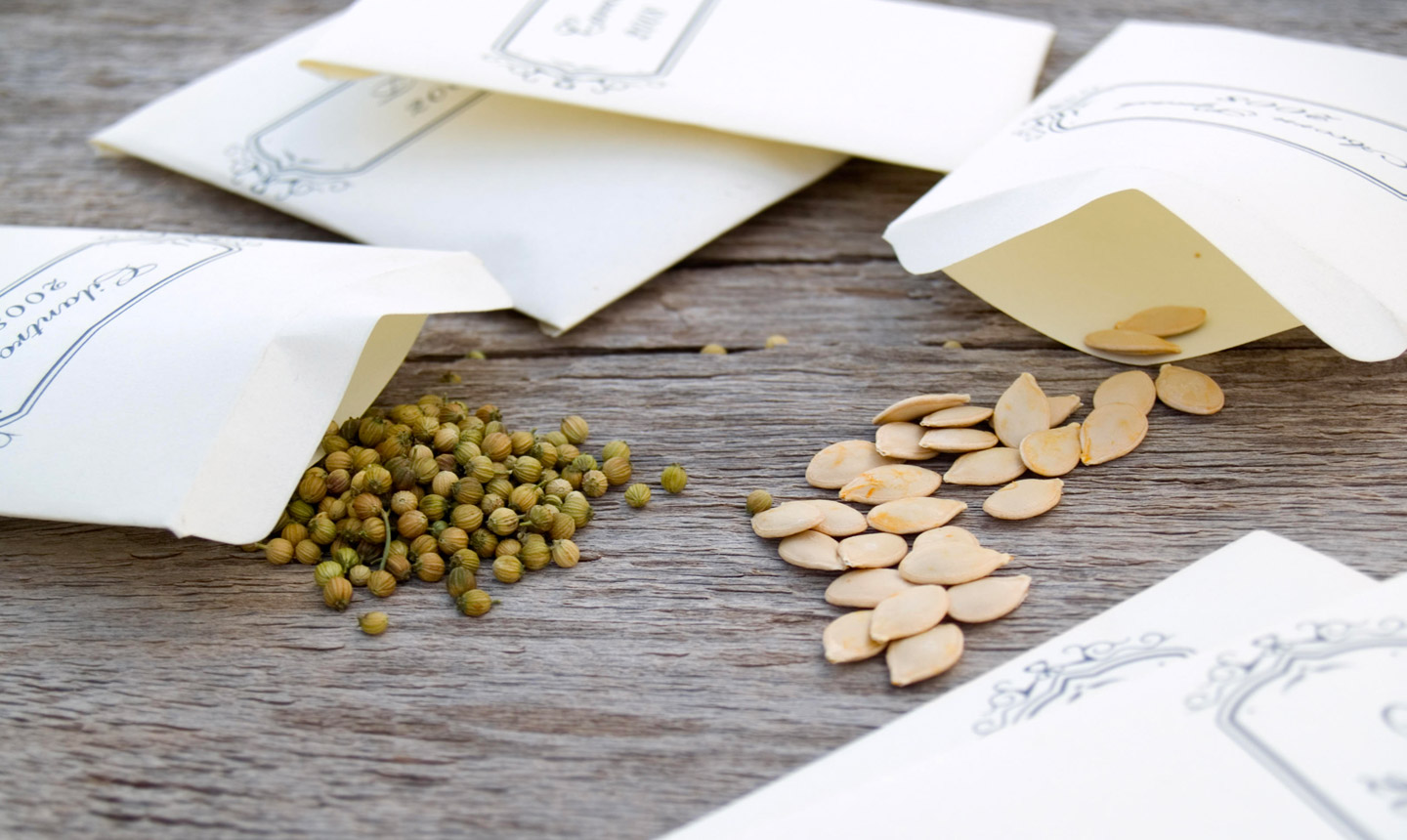

Garden Essentials
How Long Do Seed Packets Last
Modified: August 17, 2024
Discover how long seed packets last in your garden. Get expert tips and tricks on seed storage and viability for a successful harvest.
(Many of the links in this article redirect to a specific reviewed product. Your purchase of these products through affiliate links helps to generate commission for Storables.com, at no extra cost. Learn more)
Introduction
Welcome to the world of gardening, where the magic of nature unfolds. One of the most exciting aspects of gardening is the opportunity to grow plants from seeds. Whether you’re a seasoned gardener or just starting out, seed packets are an essential tool in your gardening arsenal. But have you ever wondered how long those seed packets actually last?
In this article, we will explore the factors that affect the lifespan of seed packets, the proper storage methods to keep them fresh, how to identify if your seed packets have expired, and tips to extend their lifespan. So grab your gardening gloves and let’s dive into the wonderful world of seed packet longevity!
Key Takeaways:
- Proper storage in cool, dry, and dark places can extend seed packet lifespan, ensuring successful germination for a bountiful garden.
- Regularly check for signs of expired seed packets and refresh your collection to maintain a steady supply of viable seeds for gardening success.
Read more: How Long Do Caraway Seeds Last
Factors Affecting Seed Packet Lifespan
The lifespan of a seed packet can vary depending on several factors. Understanding these factors will help you make informed decisions about storing and using your seeds. Let’s explore the key factors that affect the lifespan of seed packets:
- Seed Viability: Each seed has a natural lifespan, which is the period during which it remains viable and capable of germinating. Some seeds have a shorter viability period, while others can remain viable for several years. The viability can also be affected by the plant variety.
- Seed Storage Conditions: The conditions in which seed packets are stored play a crucial role in their longevity. Seeds should be kept in a cool, dry, and dark place. Exposure to moisture, heat, and light can reduce their viability and shorten their lifespan.
- Seed Quality: The quality of the seeds at the time of purchase or collection can also impact their lifespan. Seeds that are fresh, properly processed, and free from diseases or pests have a better chance of retaining their viability for a longer period.
- Seed Packaging: The quality of the seed packet itself can also affect the lifespan of the seeds. Good quality seed packets are designed to protect the seeds from moisture, air, and light, which are the main culprits that can shorten their viability.
- Seed Type: Different types of seeds have varying lifespans. Some seeds, like tomatoes or peppers, can remain viable for several years, while others, like onions or leeks, have a shorter viability period. It is essential to check the recommended storage duration for each seed type.
By taking these factors into account, you can better understand the lifespan of your seed packets and make informed decisions about their usage and storage.
Proper Storage of Seed Packets
Proper storage of seed packets is crucial in maintaining their viability and ensuring successful germination. Here are some tips to help you store your seed packets correctly:
- Keep them Cool: Seeds need to be stored in a cool environment, preferably between 32°F and 41°F (0°C and 5°C). A refrigerator is an ideal place for long-term seed storage. However, be careful not to freeze the seeds, as extreme temperature fluctuations can damage them.
- Keep them Dry: Moisture is the enemy of seed viability. Make sure your seed packets are completely dry before storing them. It’s best to use moisture-proof containers like glass jars or airtight plastic bags to prevent any moisture from reaching the seeds.
- Keep them Dark: Exposure to light can cause seeds to germinate prematurely or lose their viability. Store your seed packets in a dark place, such as a drawer or a cupboard, where they are shielded from light.
- Label and Organize: Keep your seed packets organized and labeled. This will help you easily locate specific seeds and keep track of their storage duration. Use a permanent marker to write the date and the plant variety on each packet.
- Avoid Extreme Conditions: Avoid storing seed packets in areas that are subject to extreme temperature fluctuations, such as attics, basements, or garages. These environments can expose the seeds to high levels of heat or humidity, which can decrease their viability.
- Consider Desiccant Packs: Adding desiccant packs, like silica gel, to your seed storage containers can help absorb any residual moisture and keep the seeds dry.
Following these storage guidelines will help maximize the lifespan of your seed packets and give you the best chances of successful germination when you’re ready to sow them.
Store seed packets in a cool, dry place to extend their shelf life. Most seeds will remain viable for 1-3 years if stored properly. Check the packet for specific expiration dates or guidelines.
Signs of Expired Seed Packets
Knowing when your seed packets have expired is crucial to ensure that you’re planting seeds with the highest chances of germination and successful growth. Here are some signs to look out for that indicate your seed packets may have expired:
- Past the Viability Date: Most seed packets come with a viability date, which indicates the period during which the seeds are expected to remain viable. If the current date is well past the viability date mentioned on the packet, there is a high chance that the seeds have expired.
- Low Germination Rate: If you’ve attempted to germinate seeds from a particular packet and have noticed very low or no germination, it may be an indication that the seeds have lost their viability.
- Seeds Look Damaged: Inspect the seeds closely. If they appear discolored, shriveled, or moldy, it’s likely that they have deteriorated and are no longer viable for planting.
- No Seedlings Emerge: If you’ve sown seeds from a packet and no seedlings emerge within the expected time frame, it may indicate that the seeds have expired.
- Poor Seed Storage: If the seed packets were not stored properly and were exposed to moisture, heat, or light, the chances of seed deterioration increase. Improper storage conditions can accelerate the expiration of seeds.
- No Label or Date: If your seed packets are not labeled with the plant variety or the date of purchase, it becomes challenging to determine their freshness. In such cases, it’s best to err on the side of caution and assume that they may have expired.
While these signs can indicate that your seed packets are no longer viable, it’s worth noting that some seeds may still germinate even after the expiration date. However, the germination rate may be lower, leading to a less successful growing experience.
To ensure the best results, it’s recommended to regularly check and refresh your seed collection to maintain a steady supply of viable seeds for your gardening endeavors.
Extending the Lifespan of Seed Packets
While seed packets have a natural lifespan, there are steps you can take to extend their viability and ensure they remain usable for a longer period. Here are some tips to help you maximize the lifespan of your seed packets:
- Proper Storage: As mentioned earlier, proper storage is key to preserving seed viability. Store your seed packets in a cool, dry, and dark place to minimize any potential damage from moisture, heat, or light.
- Keep Seeds Sealed: Ensure that your seed packets are tightly sealed to prevent any air or moisture from entering and potentially damaging the seeds. If the original packet does not have a resealable feature, transfer the seeds to a small airtight container or use a clip or a rubber band to seal the packet.
- Utilize Refrigeration: For long-term storage, consider storing your seed packets in the refrigerator. Place them in a sealed container or a plastic bag to protect them from moisture and temperature fluctuations.
- Rotate Your Seed Collection: To ensure you are always using the freshest seeds, develop a rotation system. Use older seeds first and regularly refresh your collection by purchasing or collecting new seeds.
- Perform Germination Tests: Before planting large quantities of seeds, conduct germination tests to determine their viability. Place a few seeds between moist paper towels or in seed trays and monitor their germination rate. If the rate is low, consider sourcing new seeds.
- Save Seeds Properly: If you save seeds from your own plants, ensure they are fully dried before storing them. Remove any debris or plant material, and store them in airtight containers or envelopes in a cool, dry place.
- Label and Date the Packets: Properly label each seed packet with the plant variety and the date of purchase or collection. This will help you keep track of their storage duration and ensure you use them while they are still viable.
By implementing these practices, you can extend the lifespan of your seed packets and increase the chances of successful germination when it’s time to sow them. Remember, storing and handling seeds properly is essential for preserving their viability and ensuring a bountiful garden.
Read more: How Long Do Aerogarden Seed Pods Last
Conclusion
Seed packets hold the potential to transform your garden into a flourishing haven of plants and flowers. Understanding the factors that affect their lifespan and implementing proper storage techniques is essential in maximizing their viability and ensuring successful germination. By keeping your seeds cool, dry, and dark, you can significantly extend their lifespan and increase your chances of a successful gardening experience.
Additionally, being aware of the signs of expired seed packets is crucial in determining if it’s time to refresh your seed collection. Low germination rates, damage to the seeds, and improper storage conditions are all indications that the seeds may have lost their viability.
However, with proper storage and care, you can extend the lifespan of your seed packets. By utilizing refrigeration, conducting germination tests, and labeling and rotating your seed collection, you can ensure that you always have fresh and viable seeds at hand for your gardening endeavors.
Remember, gardening is a journey, and the success of your plants starts with the quality and viability of the seeds you sow. So, take the necessary steps to preserve and protect your seed packets, and watch your garden flourish as nature works its magic.
Happy gardening!
Frequently Asked Questions about How Long Do Seed Packets Last
Was this page helpful?
At Storables.com, we guarantee accurate and reliable information. Our content, validated by Expert Board Contributors, is crafted following stringent Editorial Policies. We're committed to providing you with well-researched, expert-backed insights for all your informational needs.
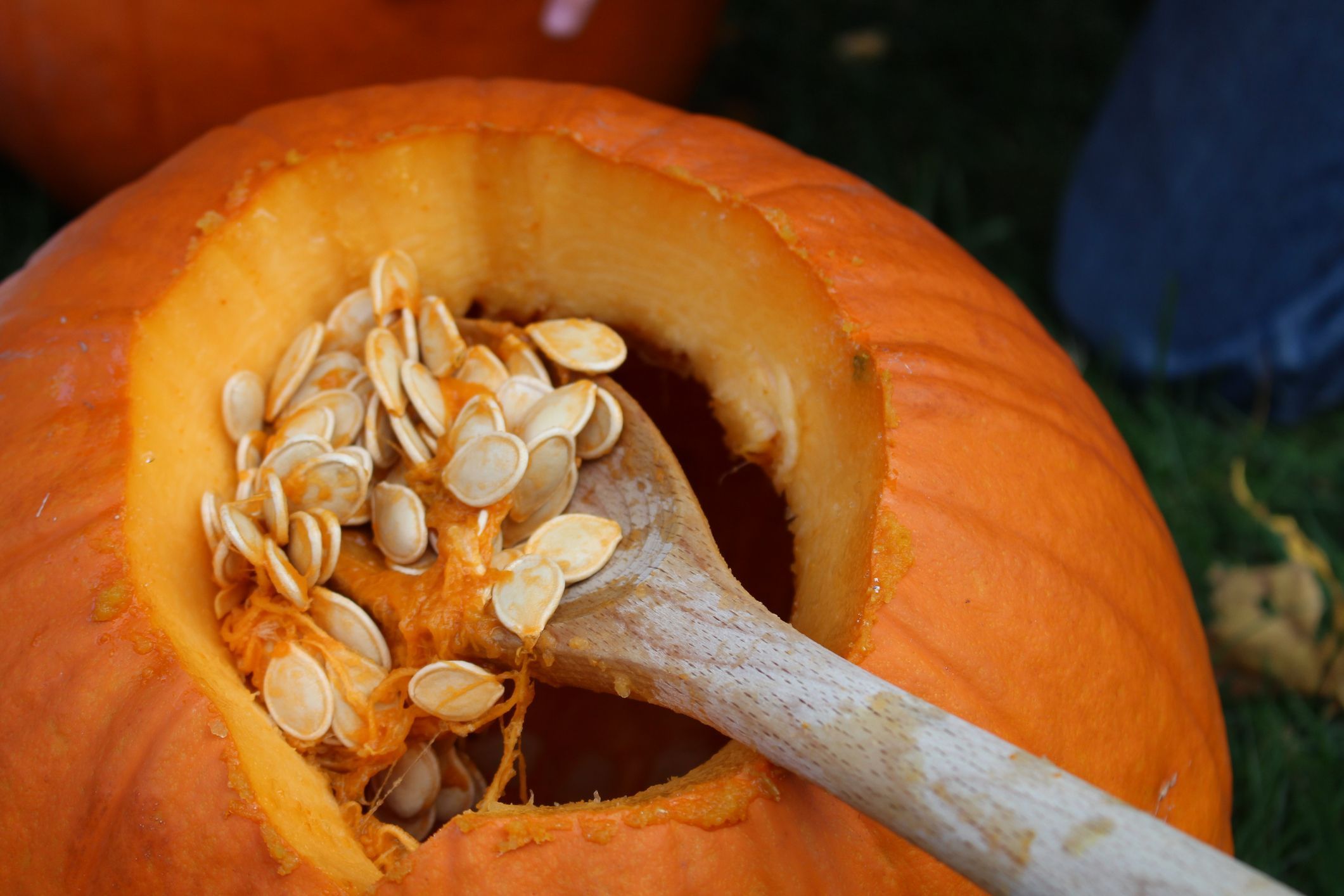
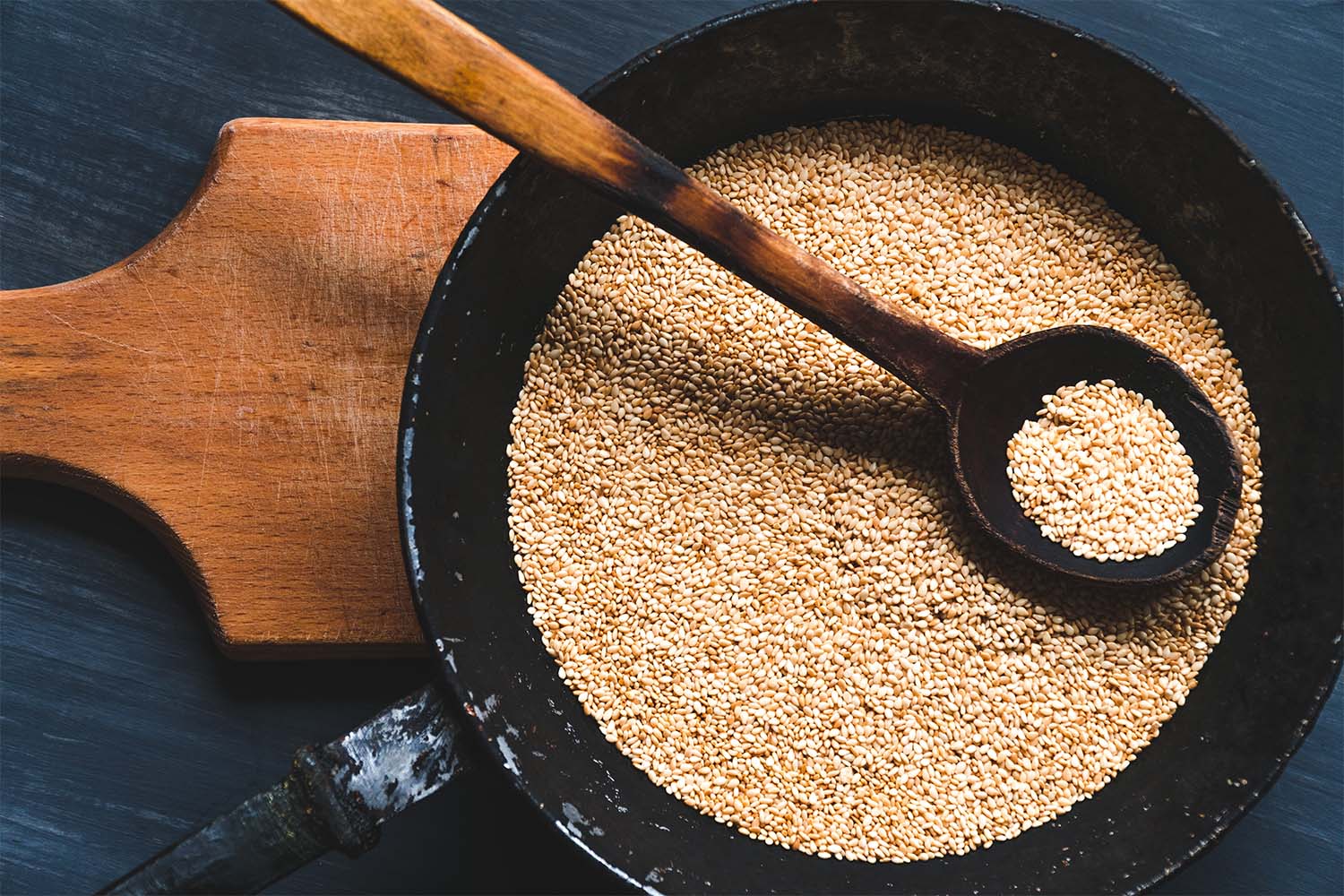
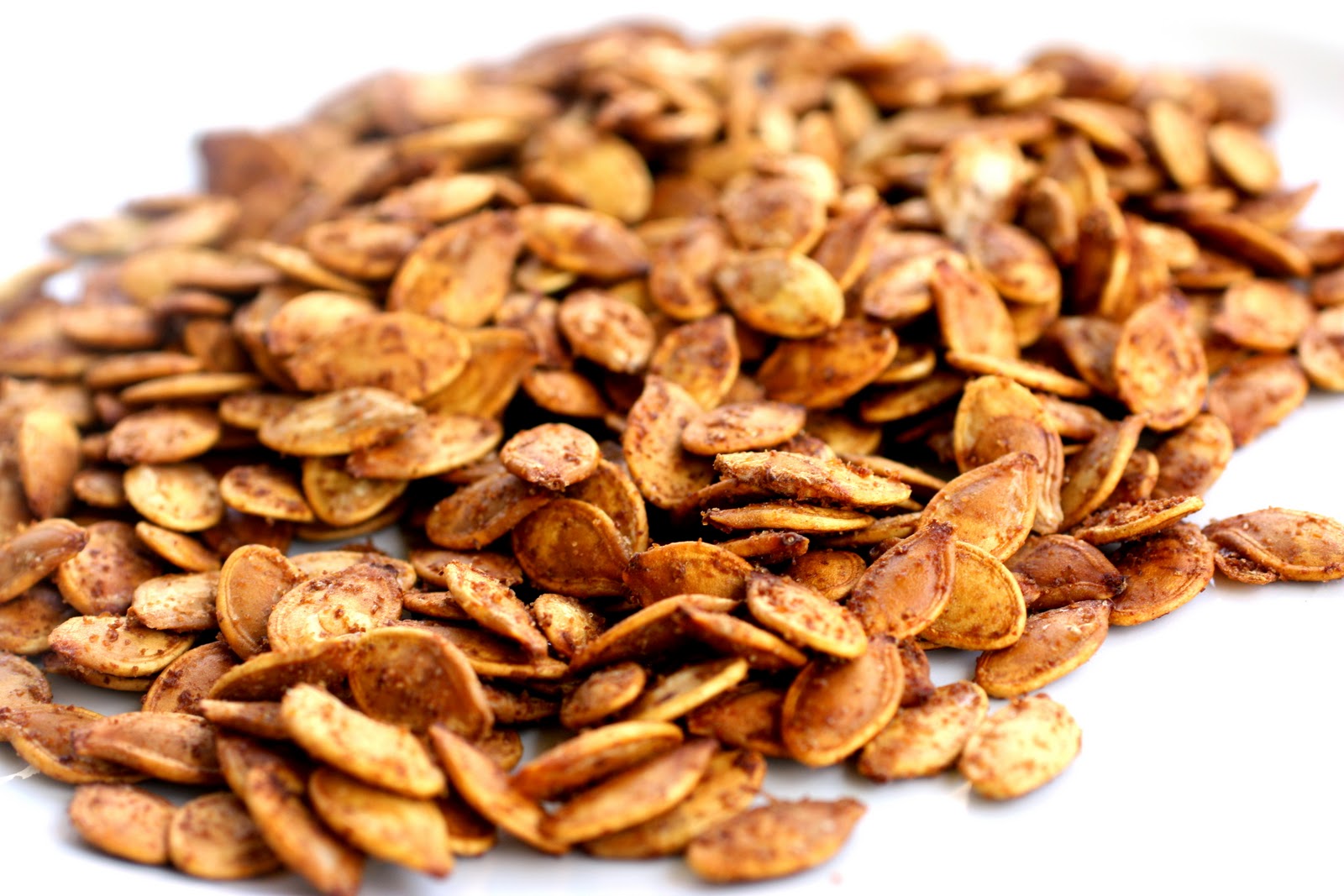
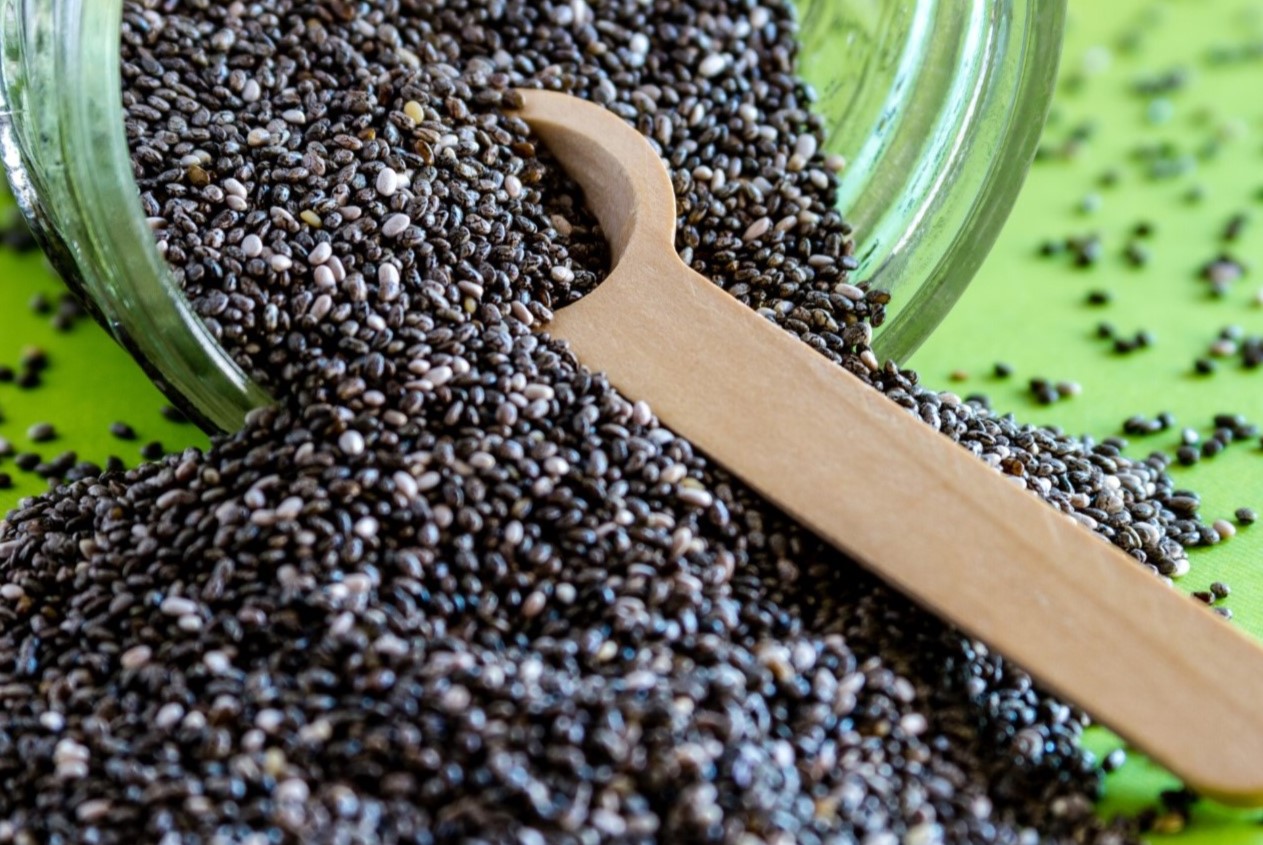
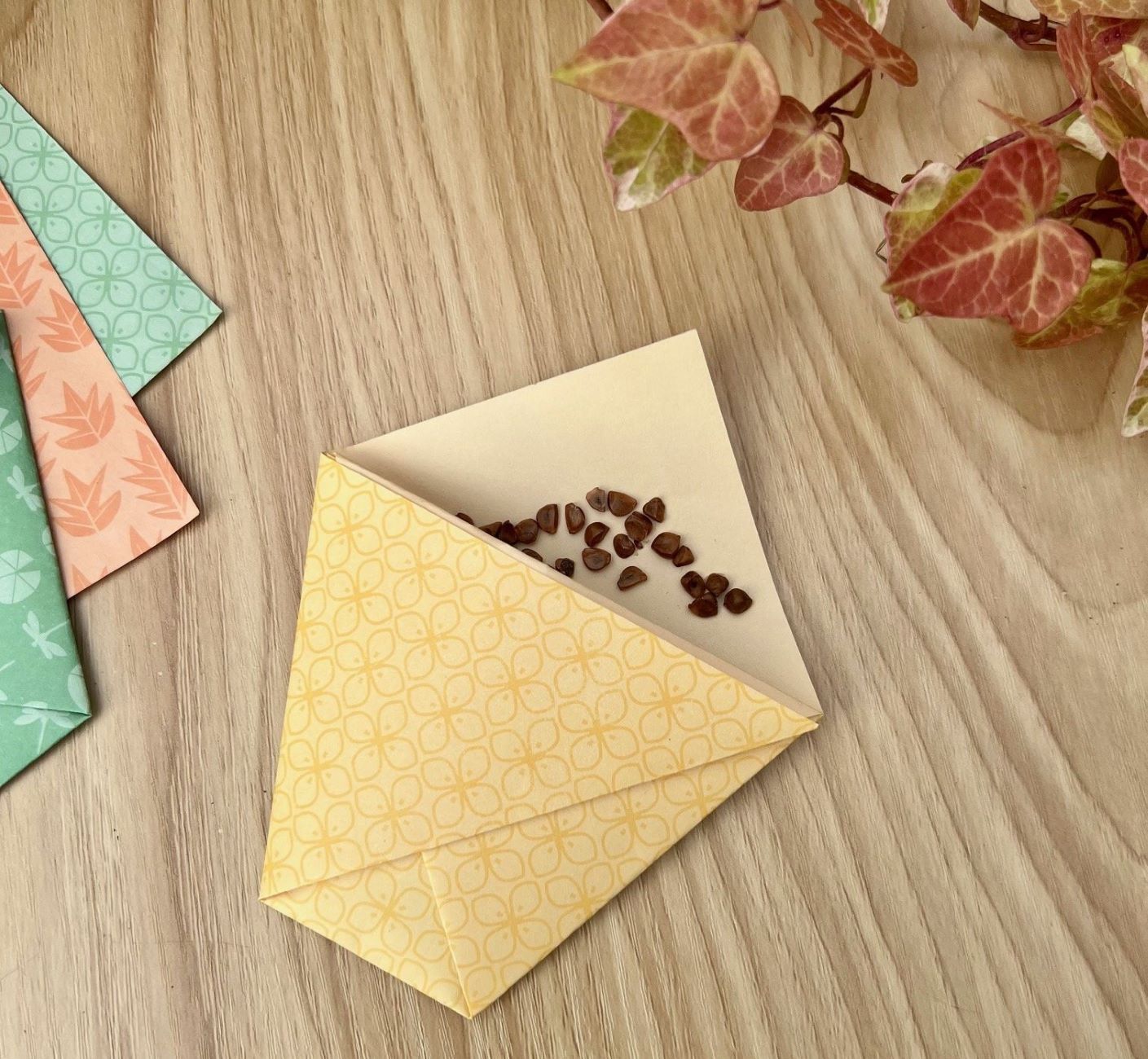
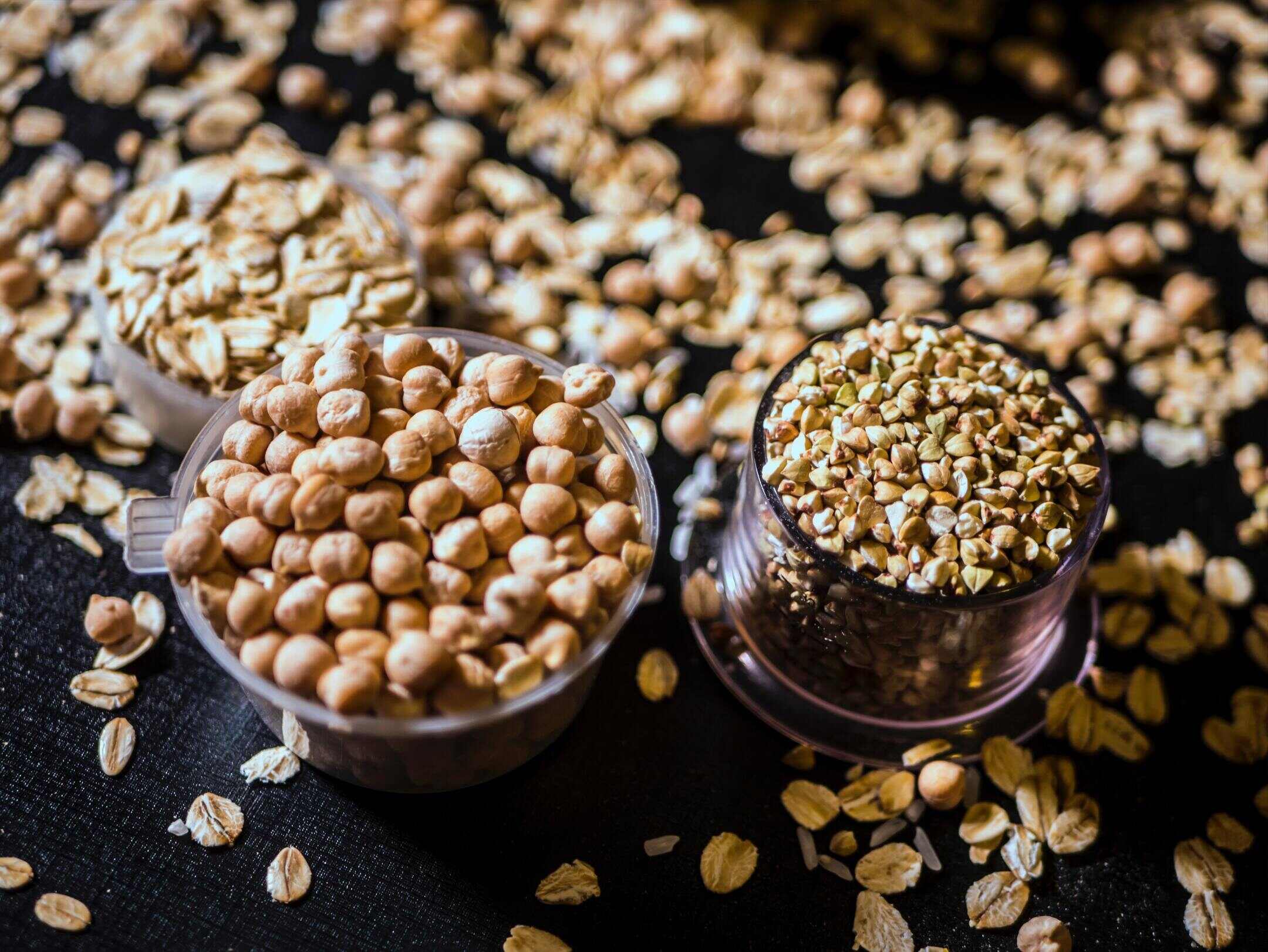
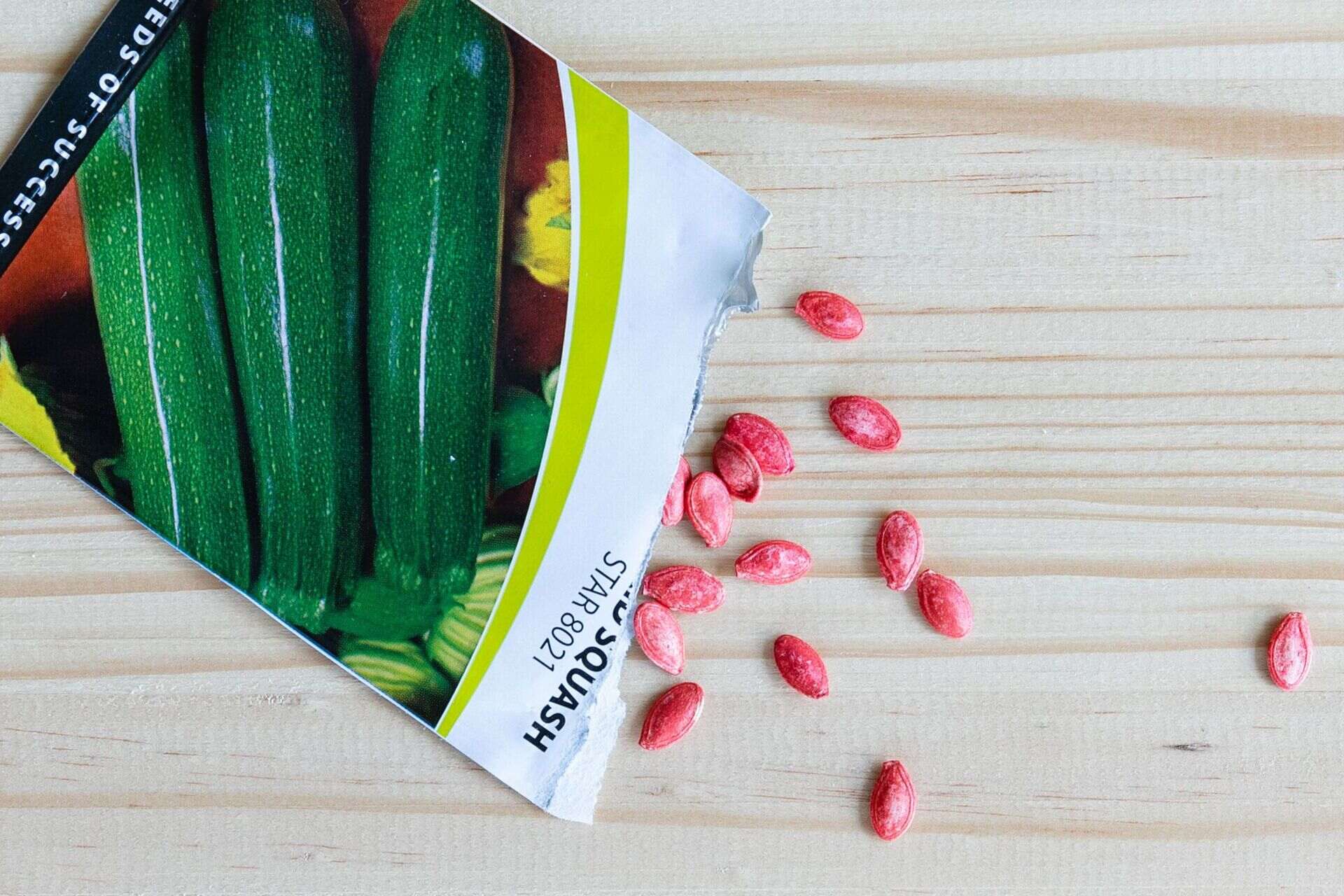
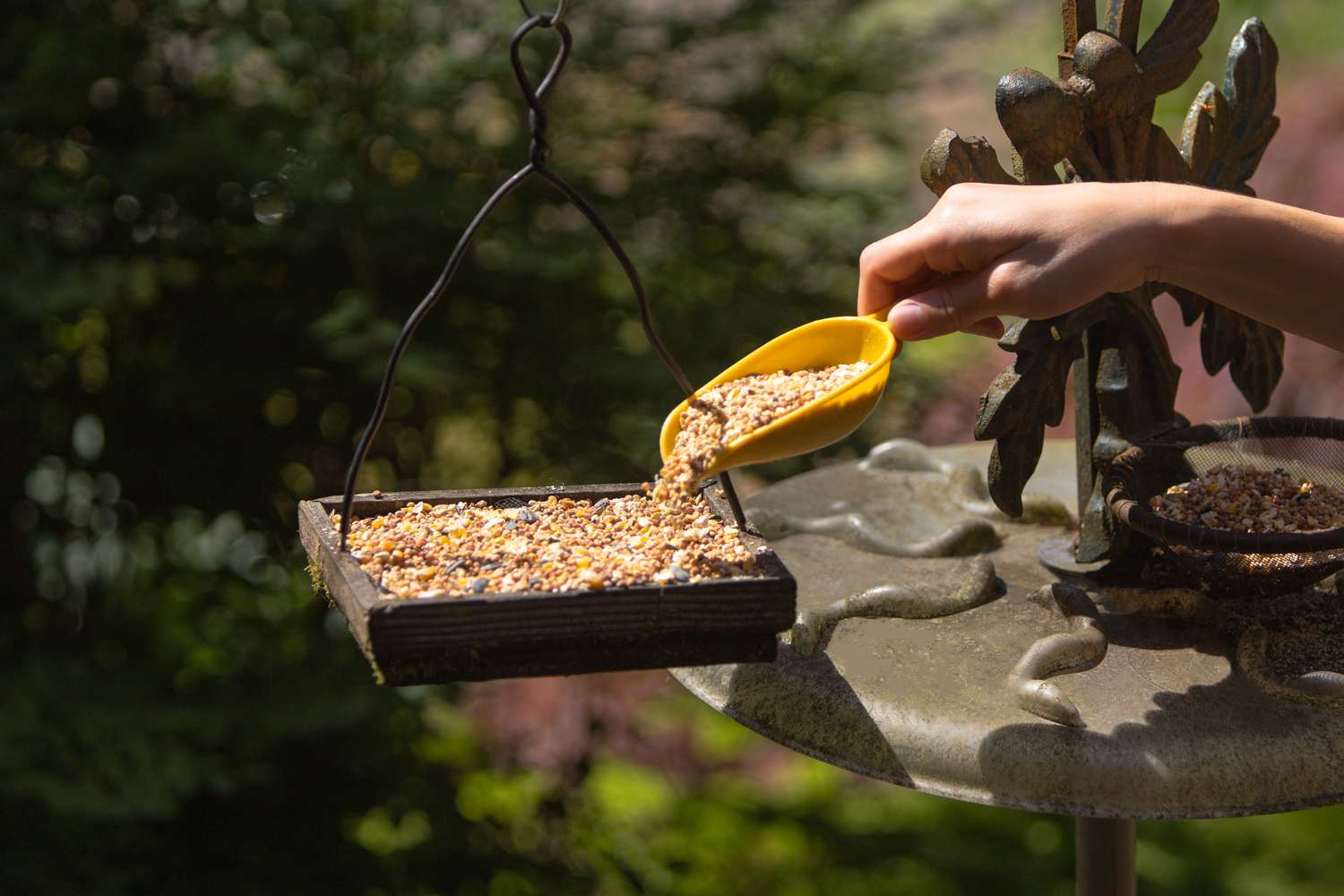
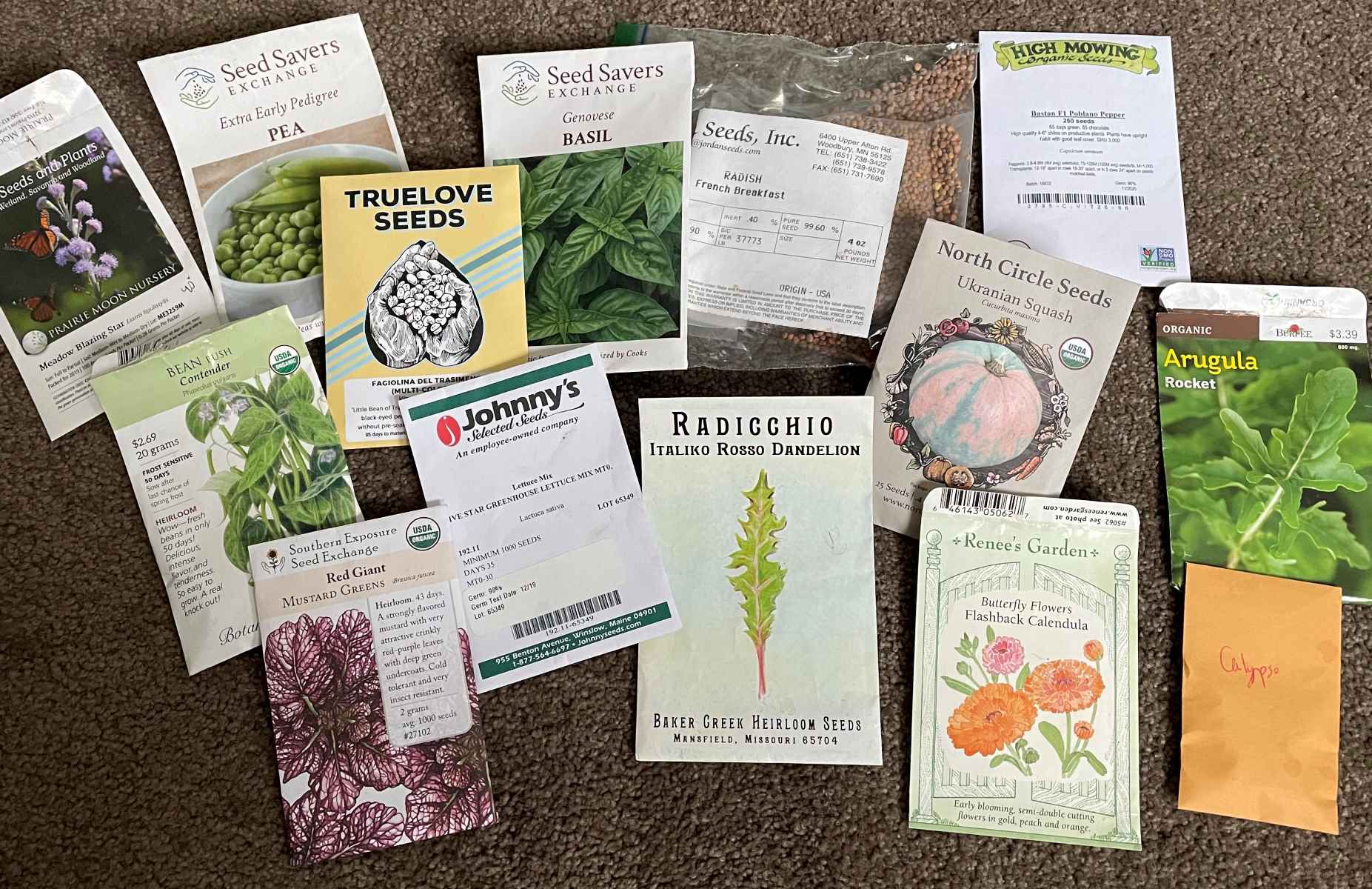
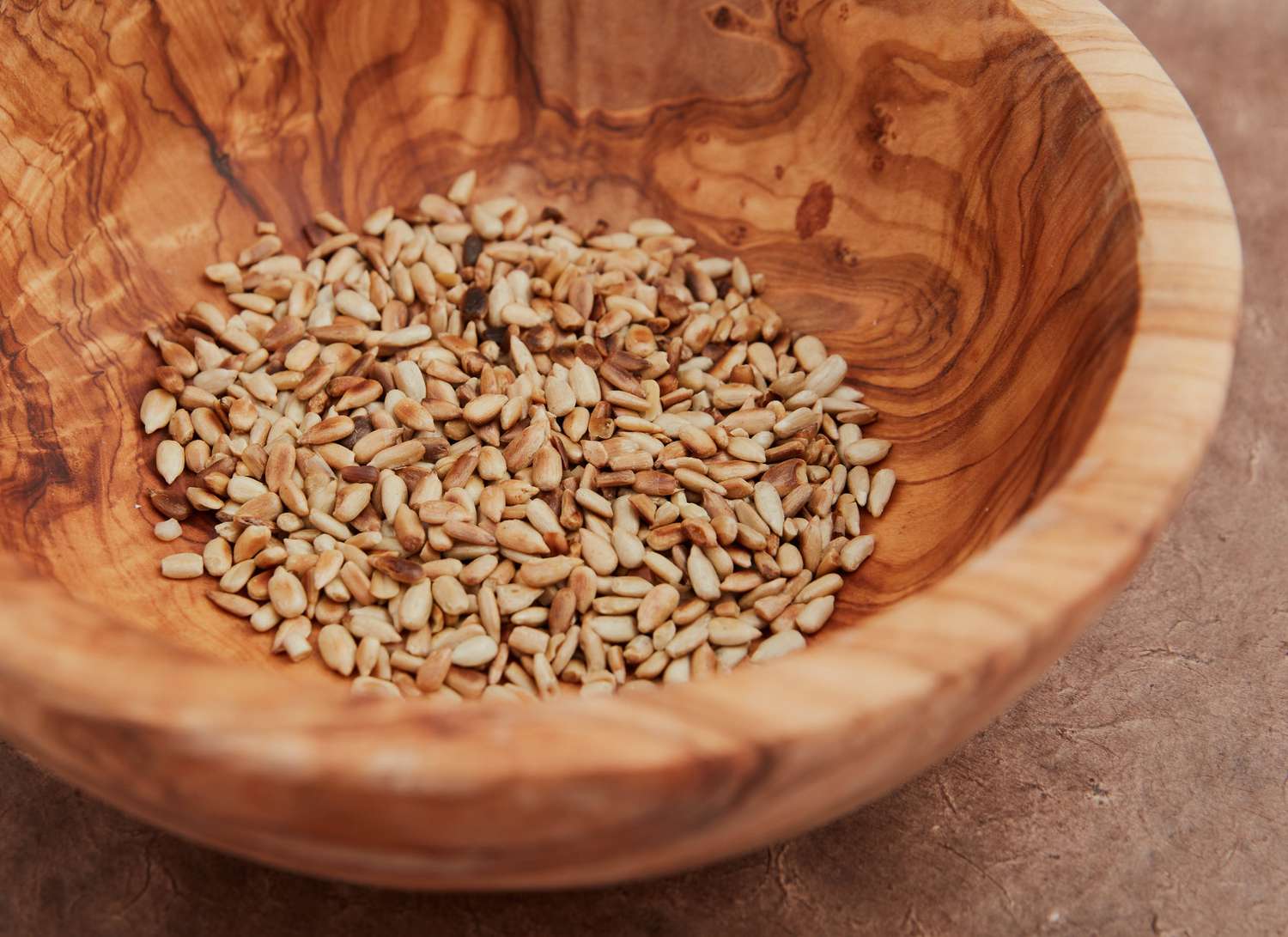
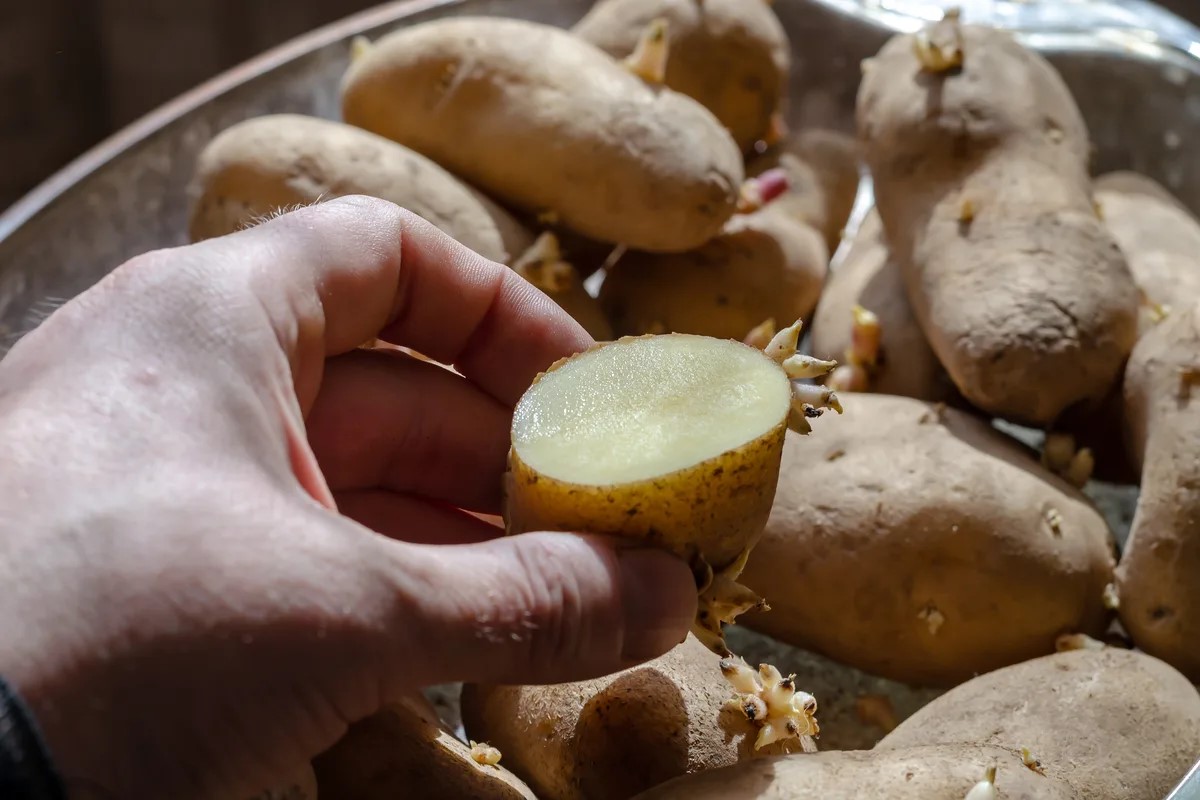
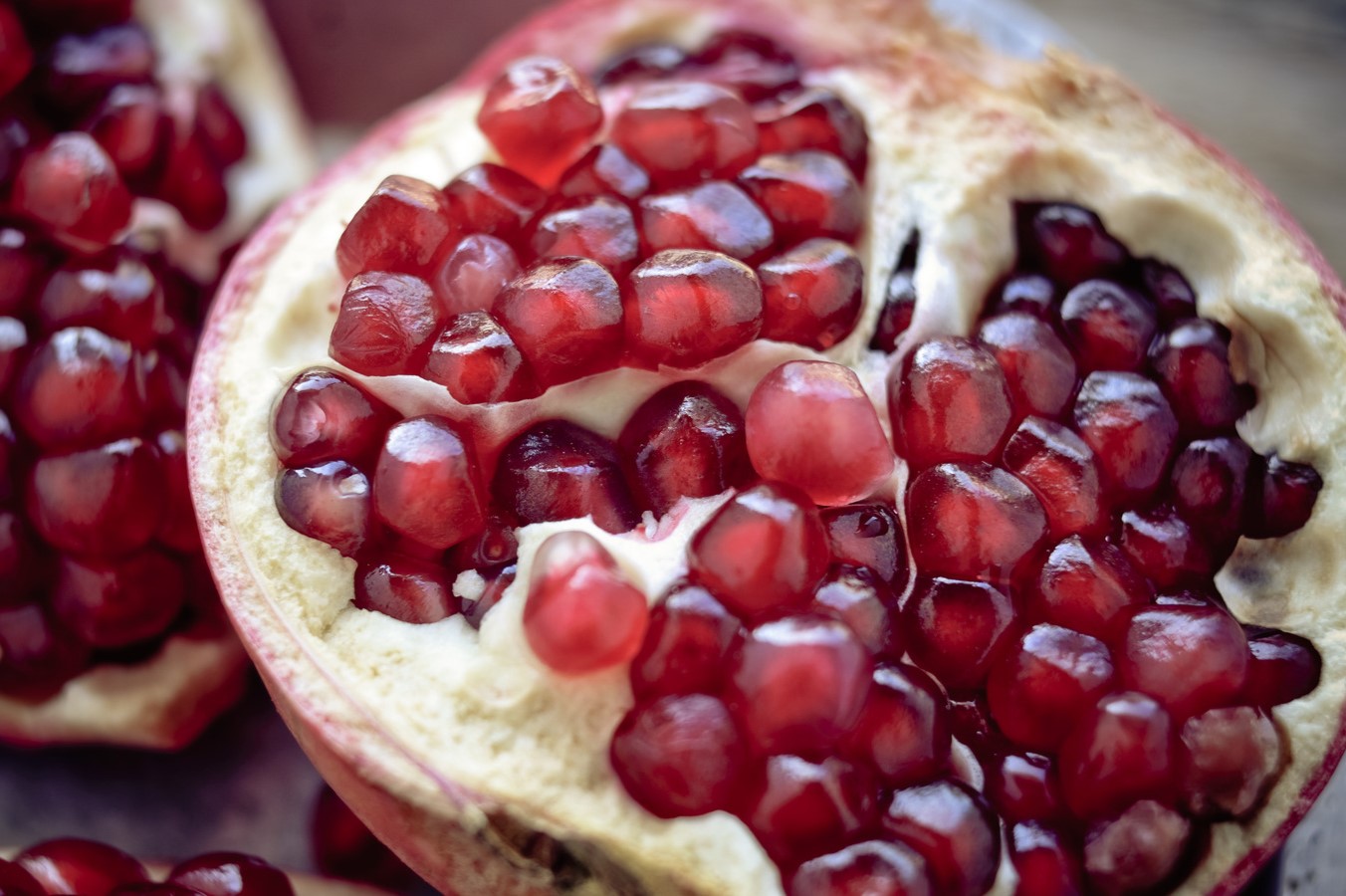
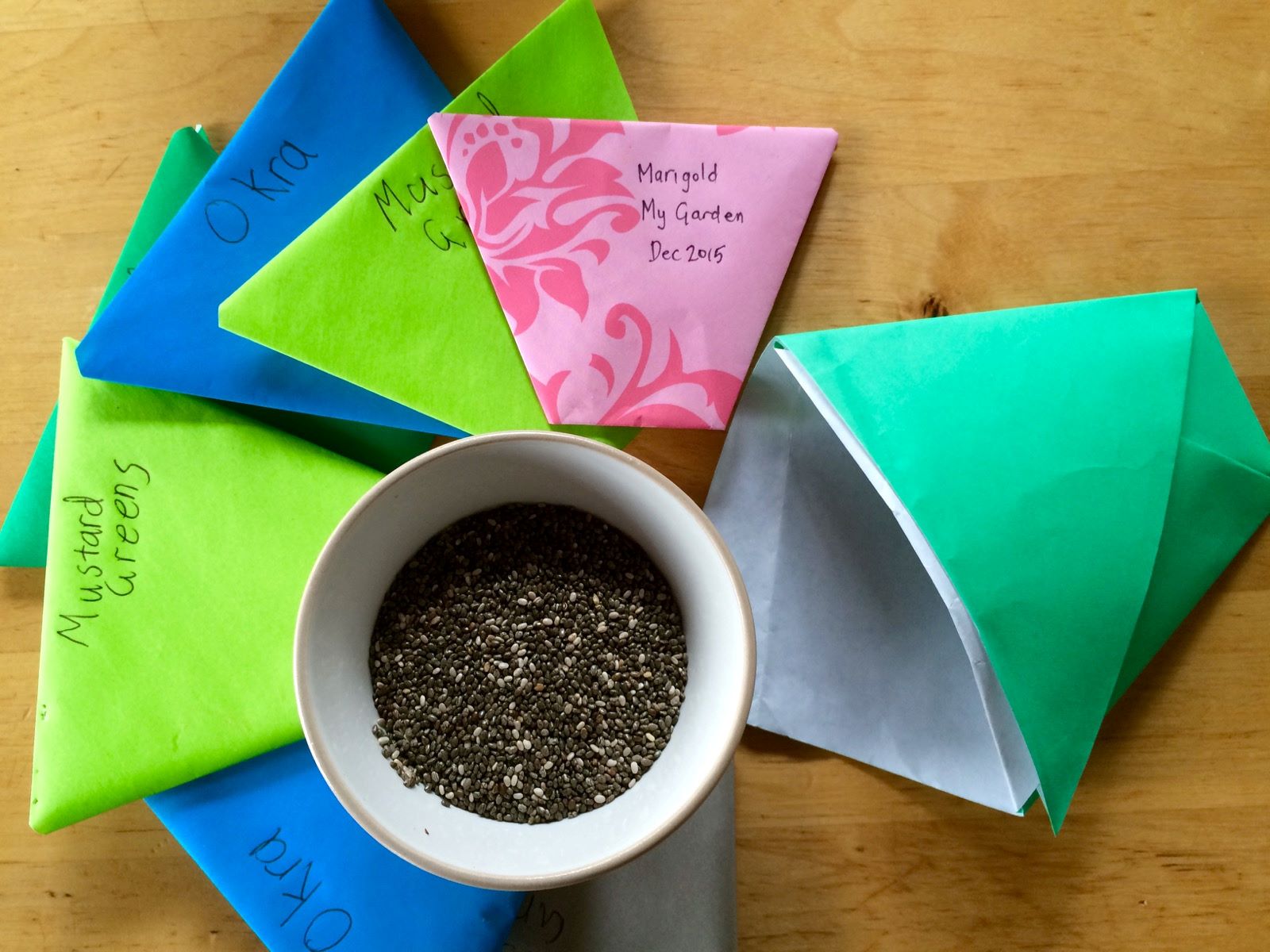
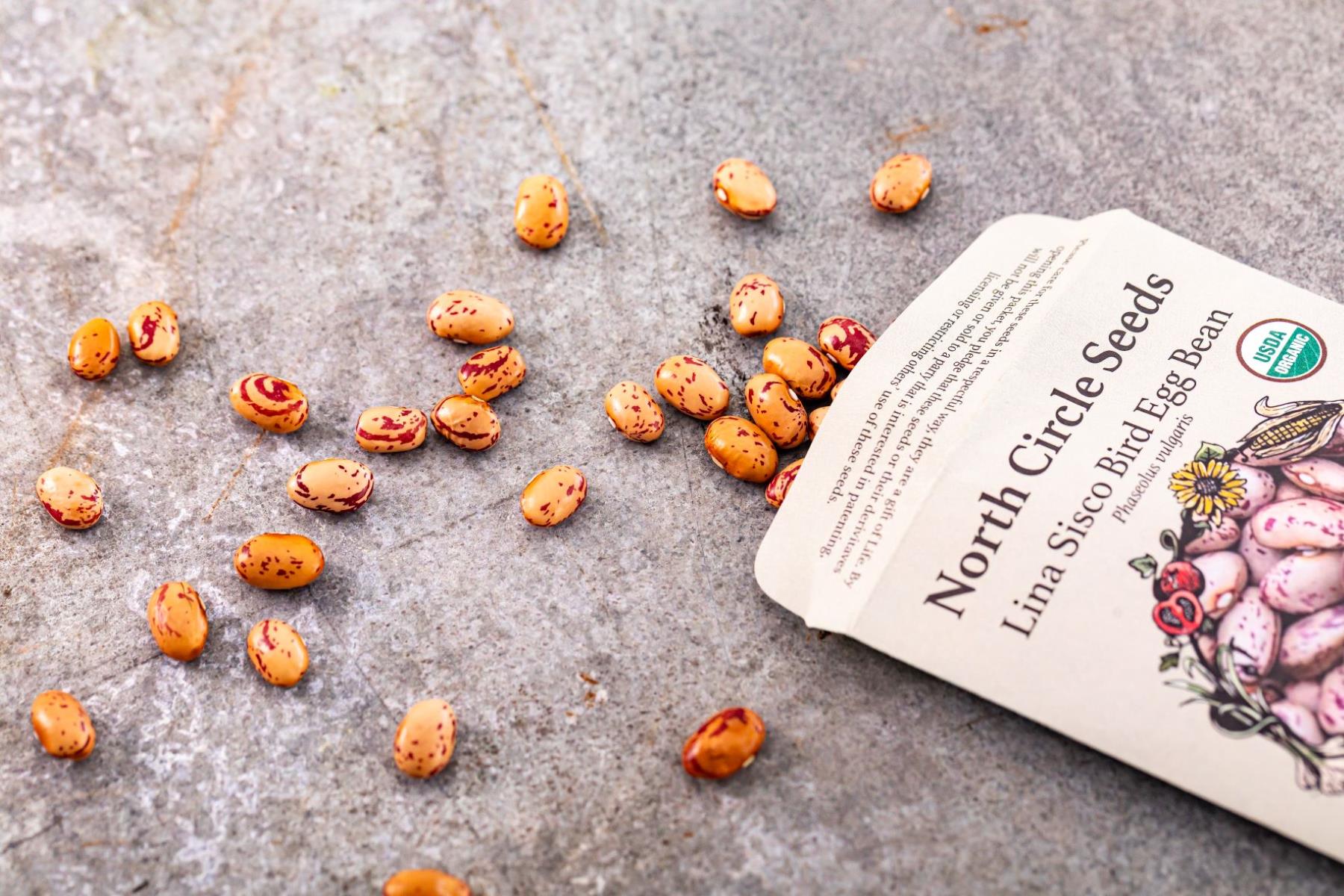

0 thoughts on “How Long Do Seed Packets Last”